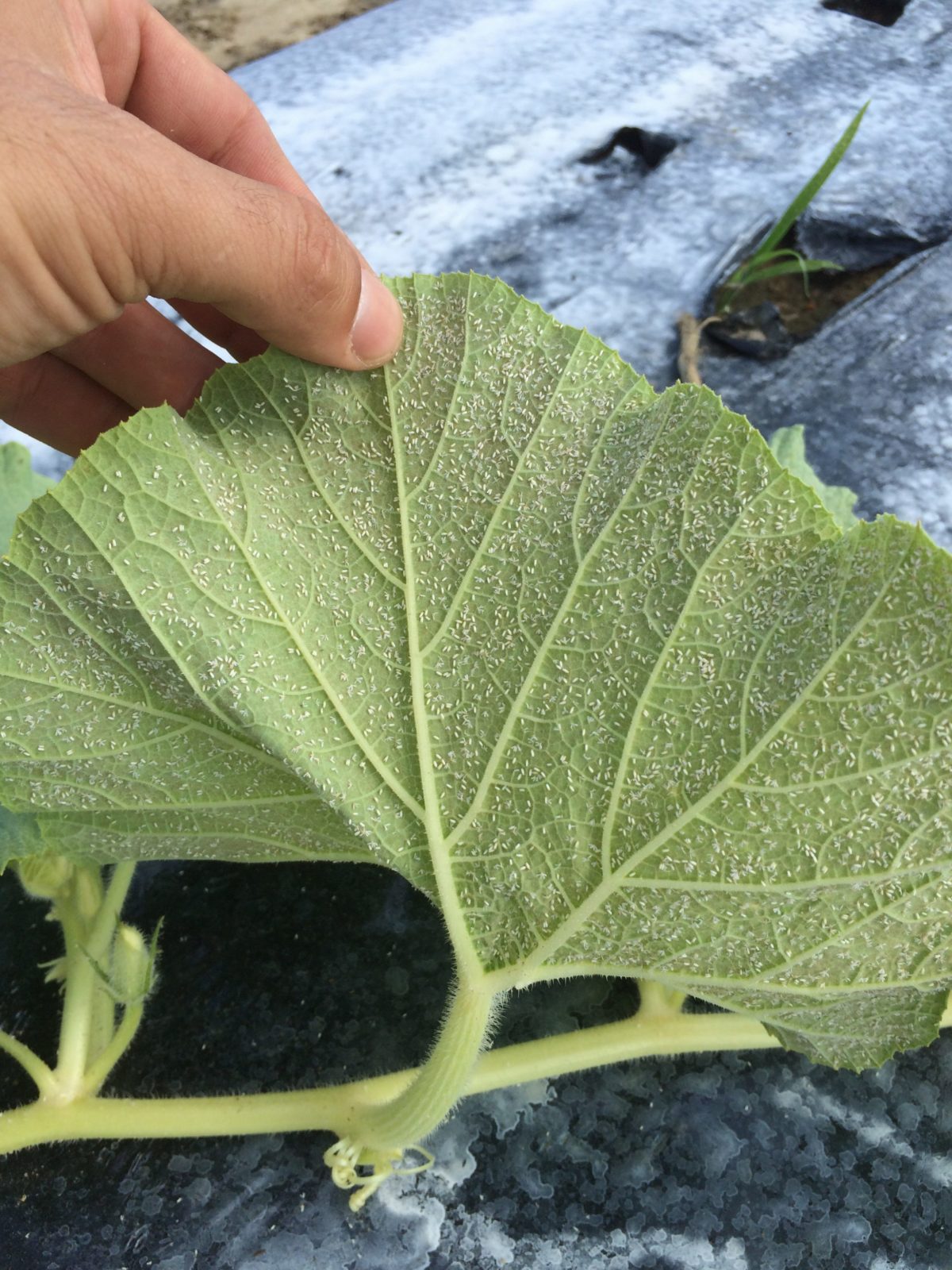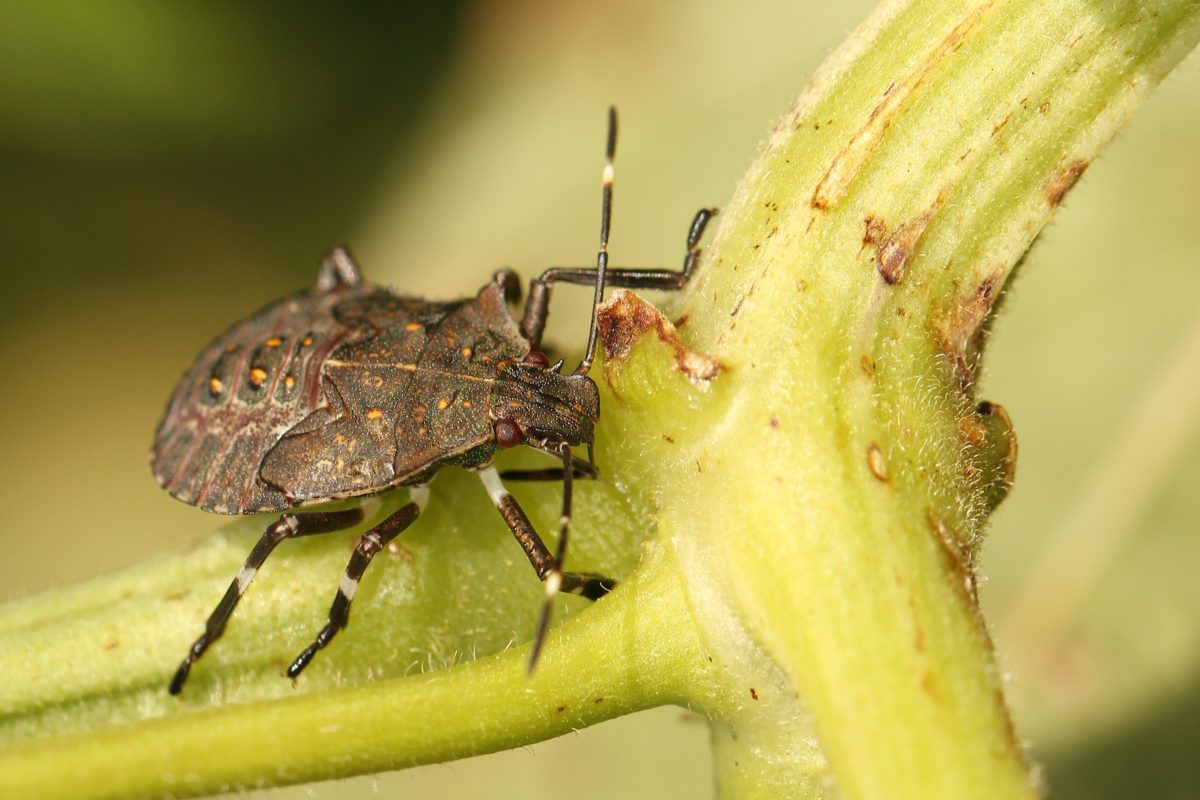Fire ant control is essential for Alabama vegetable growers hoping to protect their crop this fall. Alabama Cooperative Extension warns producers that fire ants are known to be pests of numerous vegetable crops, including okra and potatoes. Ayanava Majumdar, Alabama Extension Professor, said fire ants can especially be harmful to vegetables because they’ll congregate on plants that have a heavy …
Abnormally Wet Fall Challenging for Alabama Pumpkin Producers
An abnormally wet September has required Alabama pumpkin farmers to maintain strict fungicide applications, especially following Hurricane Sally’s trek through the state on Sept. 16. Neil Kelly, Alabama Extension Regional agent in Southeast Alabama, said the lack of consistent sunshine over the last two weeks has created disease concerns for pumpkin growers. “We haven’t really had a real good break …
Strawberry Planting Season Draws Near
Alabama strawberry producers enjoyed sweet success in 2020. Farmers are hoping for a repeat performance this year as planting season nears. Edgar Vinson, assistant research professor and Extension specialist in the Department of Horticulture at Auburn University, said growers target Oct. 15 date as the latest timeframe they want to have this year’s crop in the ground. “They can certainly …
Breeding Better Cucurbits
By Cecilia McGregor and George Boyhan Cucurbit crops are some of the most widely grown vegetable crops in the Southeast. However, the hot and humid climate is conducive to pest and disease development, which presents a challenge to growers. Cucurbit breeding at the University of Georgia (UGA) is focused on breeding pumpkin, watermelon and squash with excellent fruit quality and …
Cold Outbreak is Likely the First Week of October
According to the UGA Extension Viticulture Blog, Pam Knox, UGA Extension climatologist, said the nights of Oct. 2-4 could see temperatures in the 30s across the Southern Appalachians and into northern Georgia and Alabama. She said while most places won’t have temperatures that get down to freezing, areas that are frost pockets and prone to frost could freeze. A second …
Uncertainty Remains in Pecan Market
With some certainty, Georgia pecan producers are expecting a bumper crop this year. What remains uncertain is the market price farmers will receive at harvest. As growers are currently harvesting Pawnees with other varieties expected to be harvested next month, there is still an unpredictability regarding the pecan market, according to Phil Croft, manager of the Hudson Pecan Company. “Right …
Cover Crops Helpful for Alabama Hemp Producers
Cover crops are important tools and have various advantages for farmers transitioning from one season to the next. Eric Schavey, Alabama Regional Extension agent in Northeast Alabama, encourages hemp producers to plant their cover crops now before it’s too late in the season. “If you get into November, you’re a little late. Your cereal rye will do a little better …
UGA Vegetable Entomologist More Optimistic About Whiteflies Following Rain, Cooler Temperatures
University of Georgia Cooperative Extension vegetable entomologist Stormy Sparks is more optimistic about the ongoing whitefly problem that farmers are facing this fall – especially more than what he was feeling two weeks ago. His reason for optimism? Remnants from a hurricane and a drop in temperatures. Remnants from Hurricane Sally and cooler weather this week should help knock back …
Trap Cropping Effective in Reducing Unwanted Insect Populations
Ayanava Majumdar, Extension Professor in Entomology and Plant Pathology at Auburn University, touts trap cropping as being effective in controlling unwanted insect pests while also significantly reducing insecticide applications. “Not all insects will trap crop work. Trap crop works for insects that typically stay in clusters or have a strong border effect. For example, our sucking insect pests like the …
Sally’s Impact on Alabama, Georgia Pecan Production
Georgia pecan farmers escaped serious damage last week following Hurricane Sally’s trek through the Southeast. Alabama producers were not so lucky, however. University of Georgia Extension pecan specialist Lenny Wells said Baldwin County, the heart of Alabama’s pecan production, was one of the counties hit hardest by Sally’s Category Two Hurricane status. According to the UGA Extension pecan blog, Wells …











